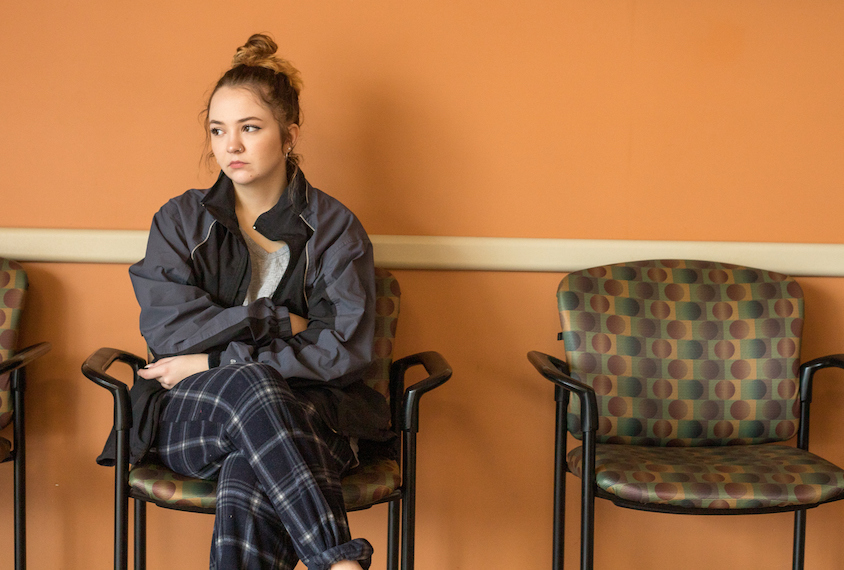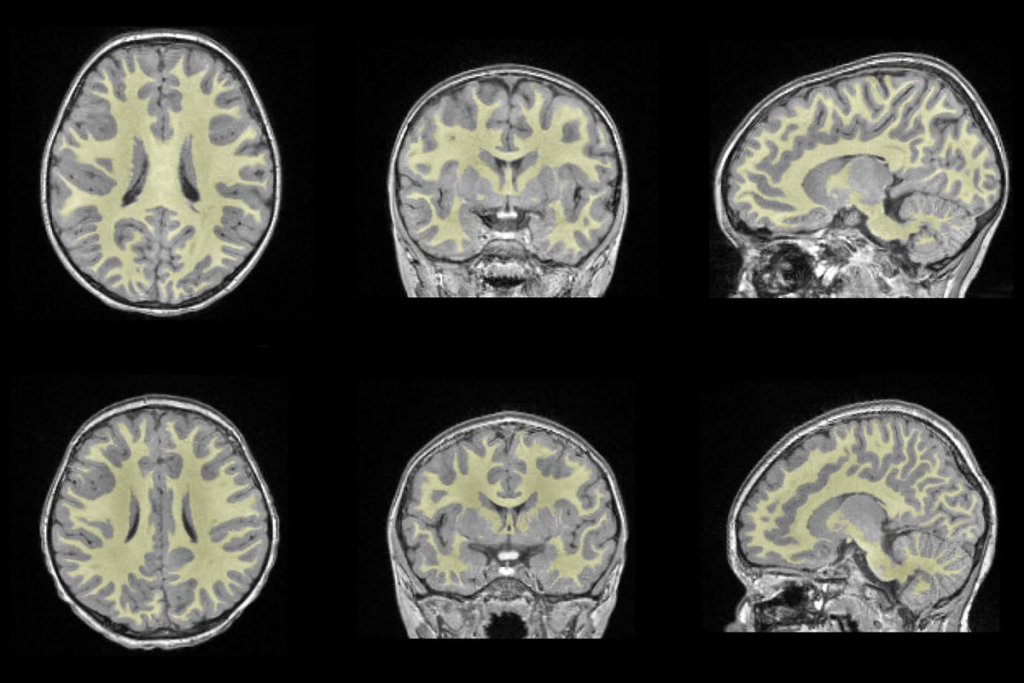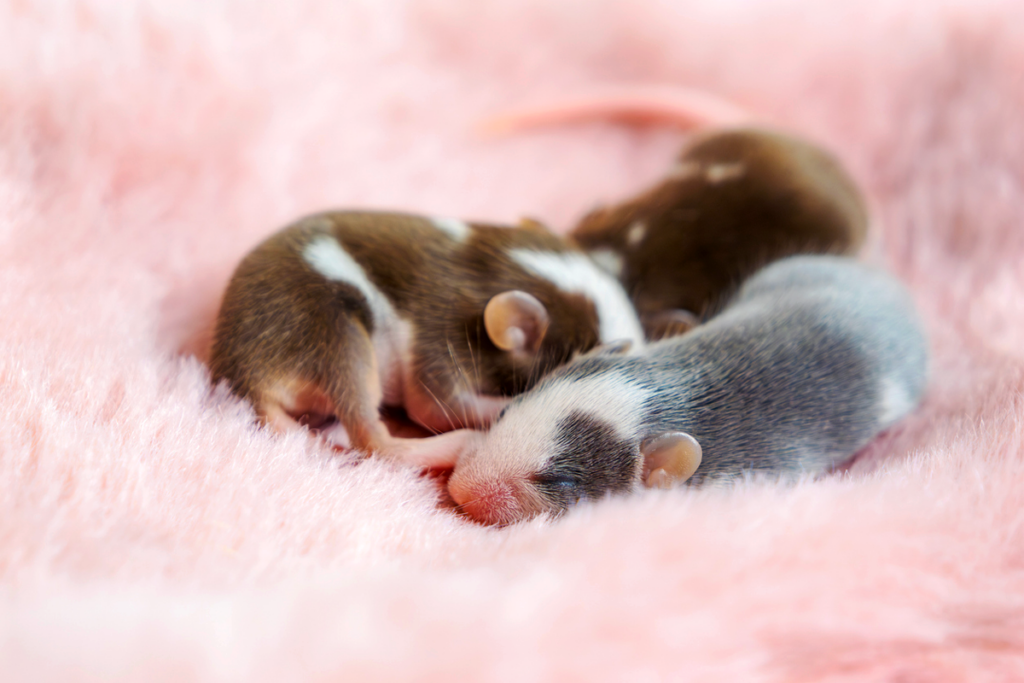Anila D’Mello is an assistant professor and Jon Heighten Scholar in Autism Research in the Department of Psychiatry and O’Donnell Brain Institute at the University of Texas Southwestern in Dallas.
Anila D’Mello
Assistant professor
University of Texas Southwestern
From this contributor
How scientists can counteract their unwitting contributions to autism’s sex bias
Common diagnostic and research practices may be adding to autism’s sex bias, but there are some simple steps scientists can take to counteract it.

How scientists can counteract their unwitting contributions to autism’s sex bias
Explore more from The Transmitter
David Krakauer reflects on the foundations and future of complexity science
In his book “The Complex World,” Krakauer explores how complexity science developed, from its early roots to the four pillars that now define it—entropy, evolution, dynamics and computation.
David Krakauer reflects on the foundations and future of complexity science
In his book “The Complex World,” Krakauer explores how complexity science developed, from its early roots to the four pillars that now define it—entropy, evolution, dynamics and computation.
White-matter changes; lipids and neuronal migration; dementia
Here is a roundup of autism-related news and research spotted around the web for the week of 13 January.

White-matter changes; lipids and neuronal migration; dementia
Here is a roundup of autism-related news and research spotted around the web for the week of 13 January.
Fleeting sleep interruptions may help brain reset
Brief, seconds-long microarousals during deep sleep “ride on the wave” of locus coeruleus activity in mice and correlate with periods of waste clearing and memory consolidation, new research suggests.

Fleeting sleep interruptions may help brain reset
Brief, seconds-long microarousals during deep sleep “ride on the wave” of locus coeruleus activity in mice and correlate with periods of waste clearing and memory consolidation, new research suggests.